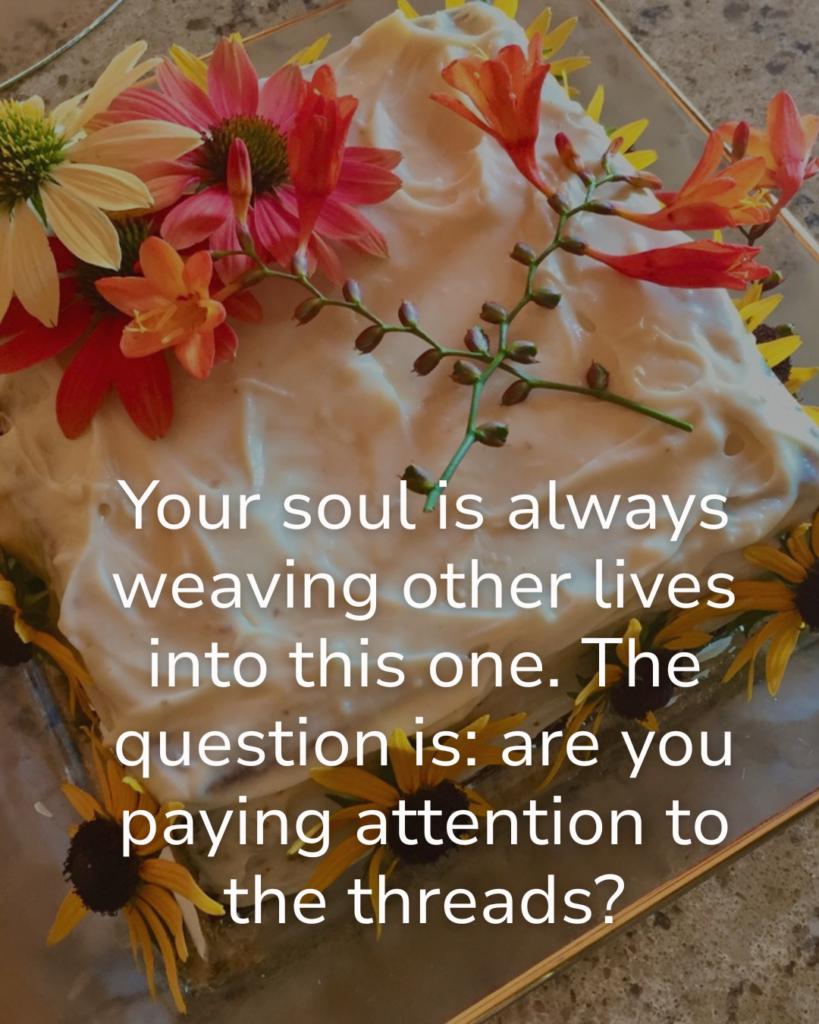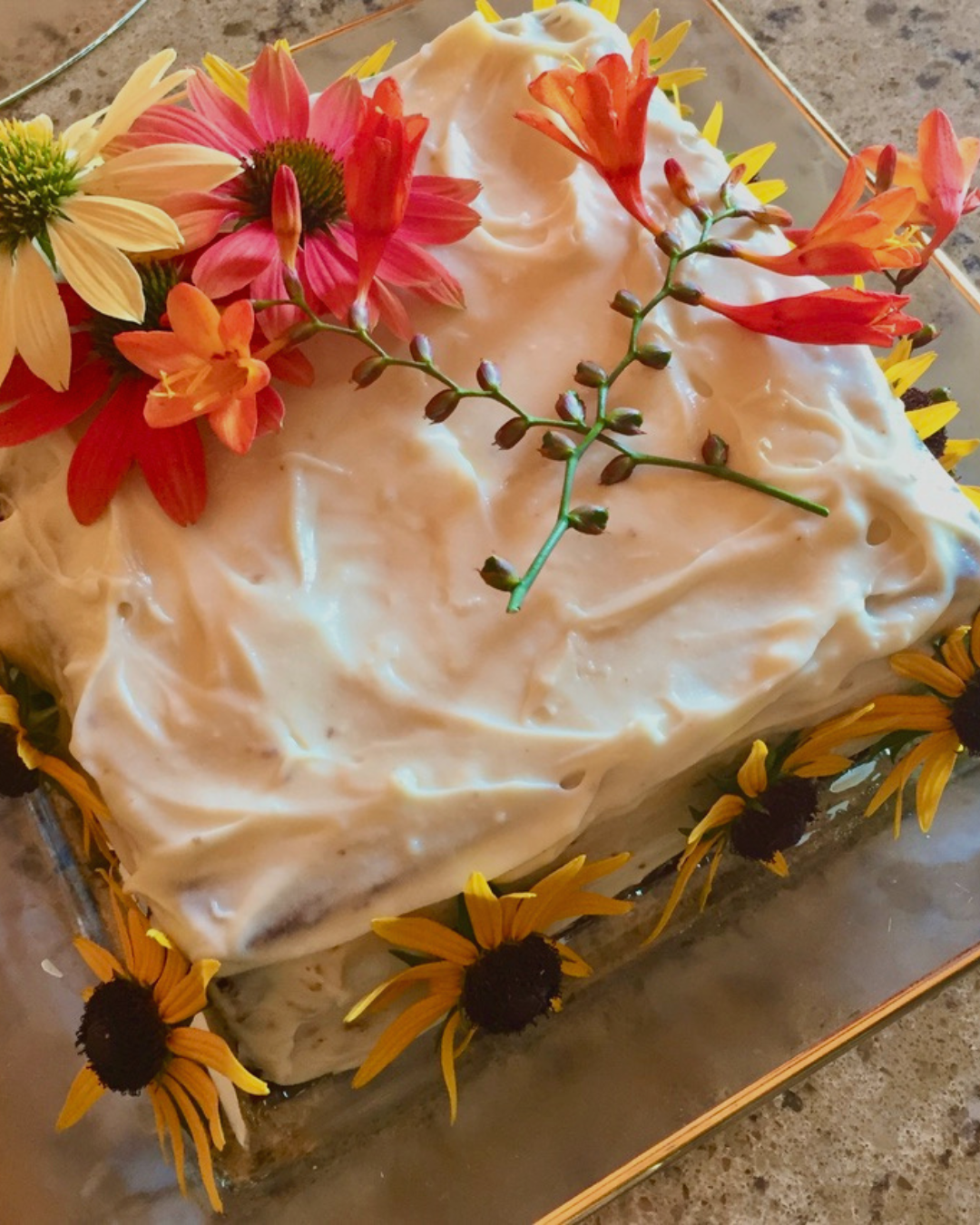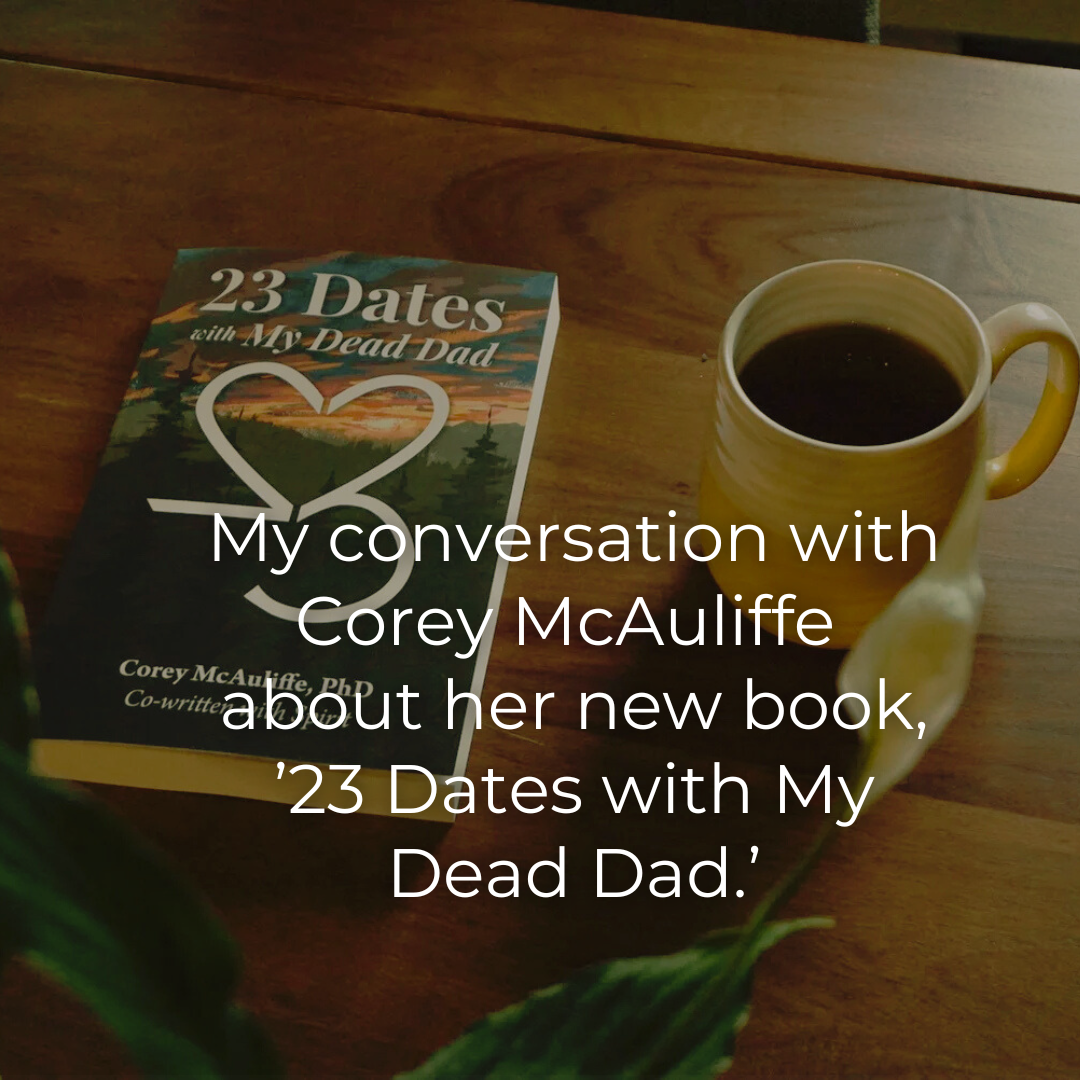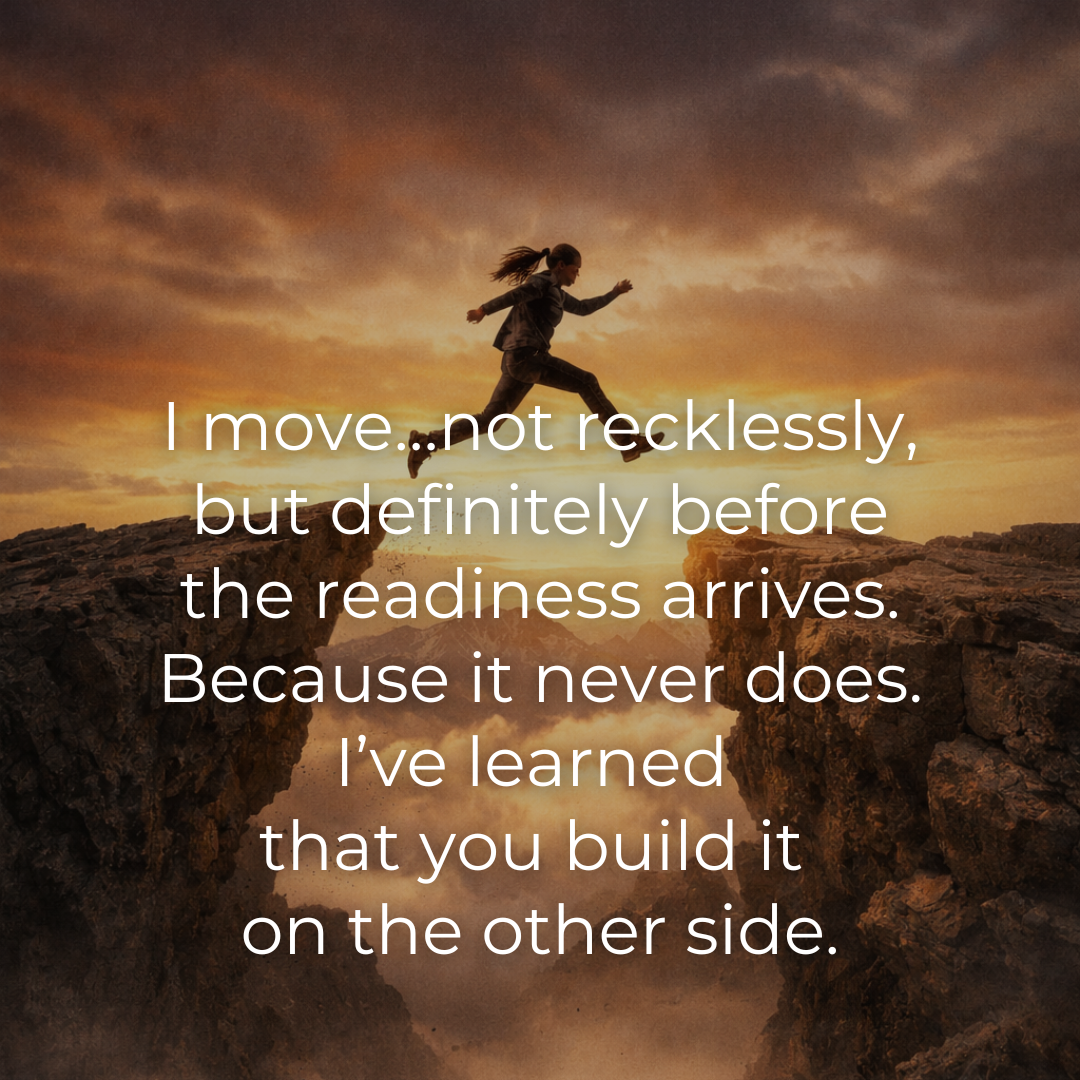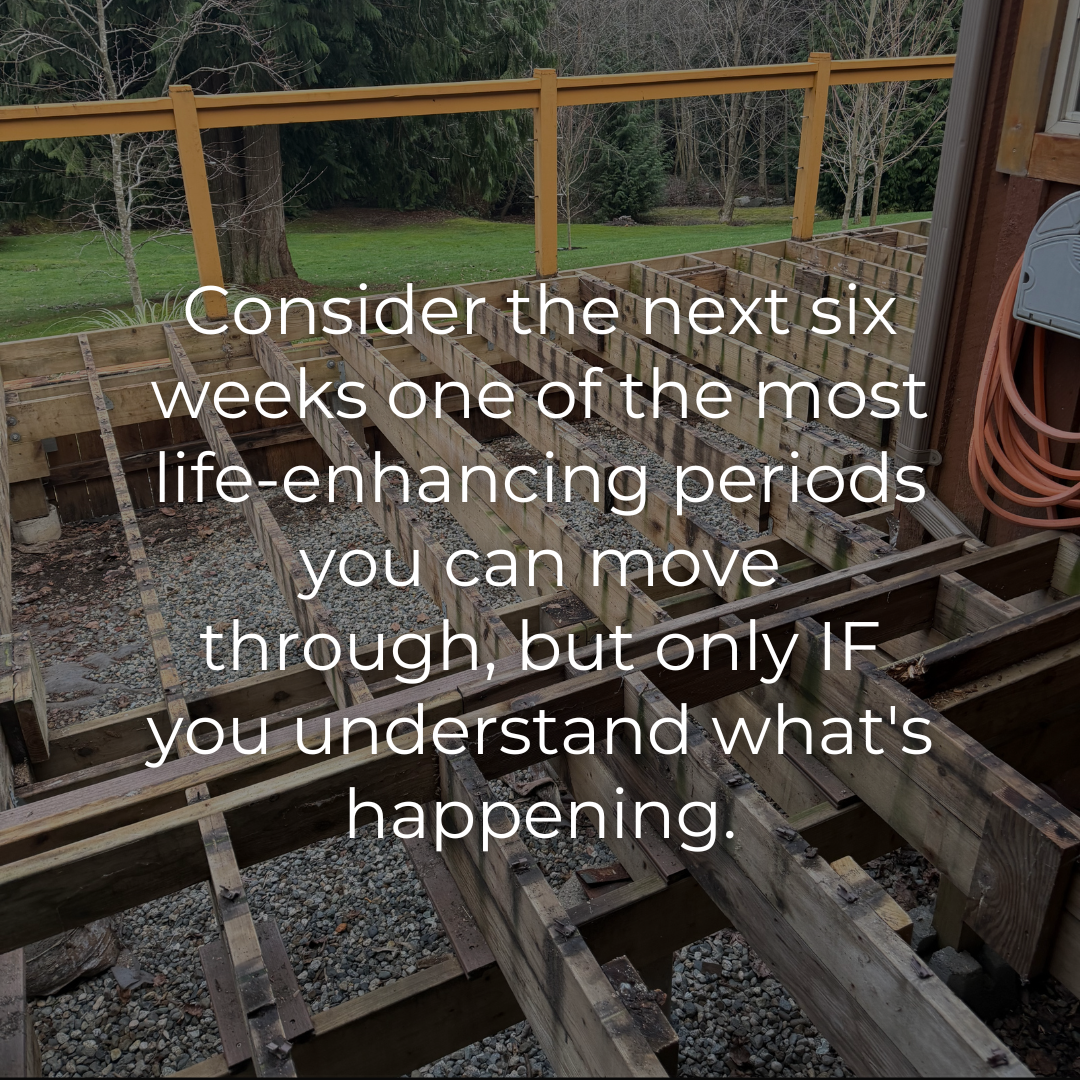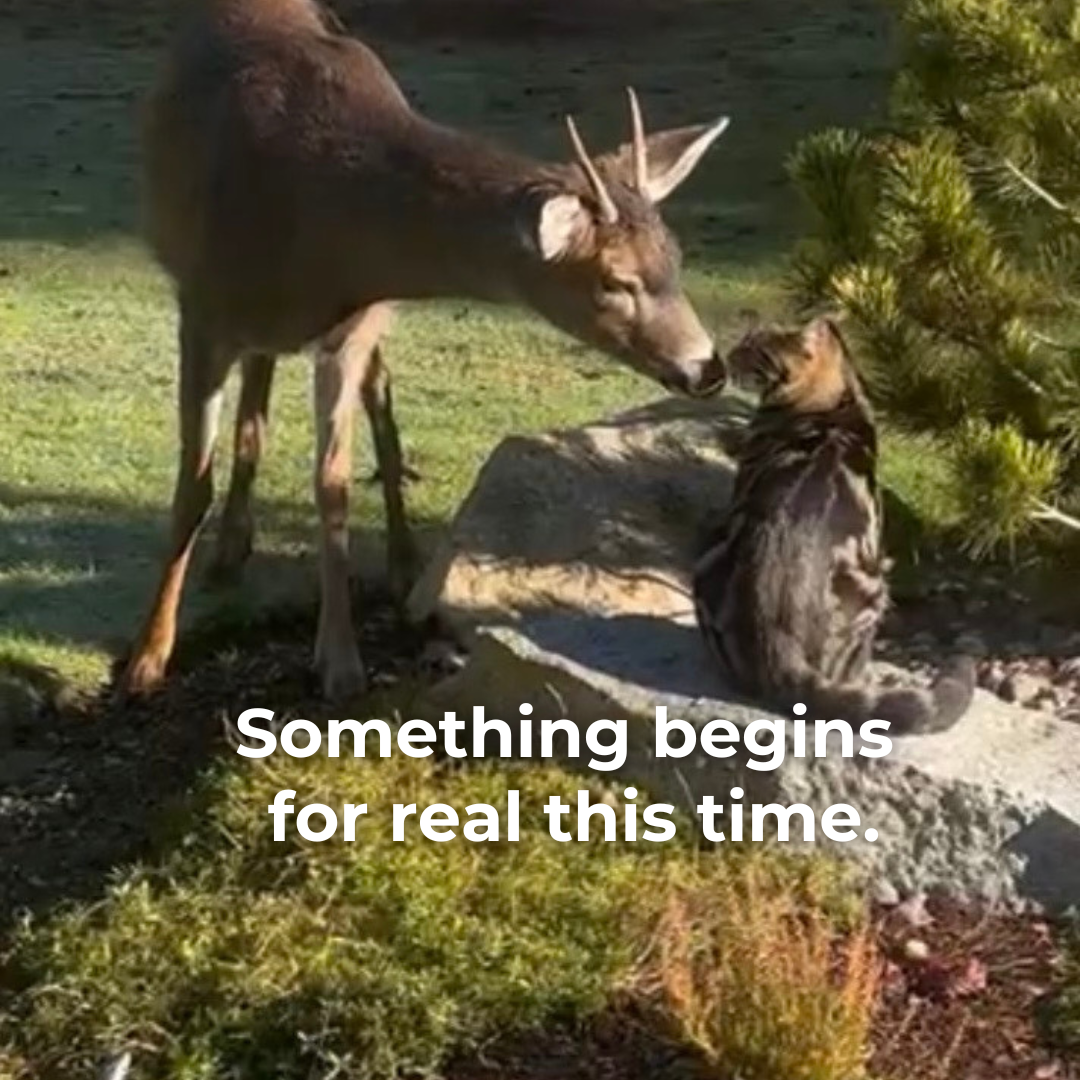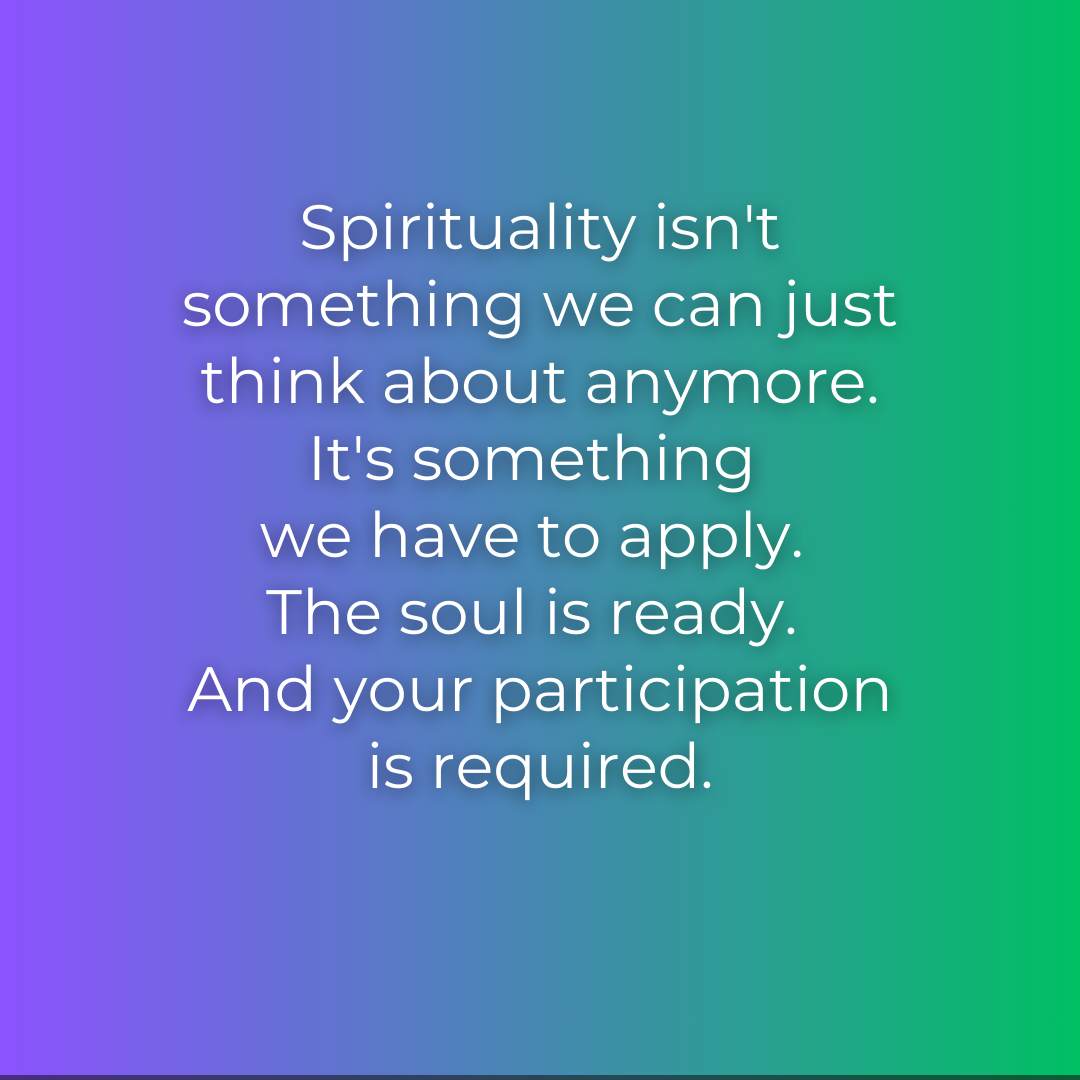Musings on vintage recipes, soul memory, and the strange pull of unfamiliar familiarity.
My guests once named my first pie crust attempt “chisel pie,” which tells you everything you need to know about my early relationship with pastry. But the thing about failure is it teaches your hands what not to do, and that’s usually the most valuable lesson of all. These days, my pie crust is sublime. The soul learns through disaster as much as triumph.
Every Sunday, I bake something I’ve never baked before. Not because I need more baked goods or because I’m documenting anything for social media. But because there’s something about following a recipe from another era that feels like coming home to a place I’ve never been.
This past Sunday it was a Depression-era chocolate cake made with mayonnaise and coffee (sounds like a dare, tastes like revelation). Before that, a 1920s prune cake that had Blake eyeing me with the gentle concern usually reserved for people who collect vintage medical equipment. I’ve worked my way through wartime carrot cookies, Victorian seed cake, and something called “Wacky Cake” from the 1940s that uses no eggs, no butter, and somehow still manages to work.
I used to bake the most Instagram-worthy creations you could imagine. Savarin with Grand Marnier from a 1920s Parisian baker’s notebook. Macarons in impossible flavours. Croissants that took three days to make properly. I wanted to conquer every technique and master every method.
But these days, I’m drawn to something different entirely. Recipes with stories. Ingredients that speak of rationing and resourcefulness with instructions written by hands that knew how to make something from nothing.
The pull of the unfamiliar-familiar
There’s a quality to working with vintage recipes that transcends mere nostalgia. It’s recognition. The way your hands know to cream butter and sugar even when you’re following someone’s great-grandmother’s spidery handwriting. The way certain flavour combinations feel like memory before they become taste.
Last year, while assembling cream puffs into a towering croquembouche, carefully stacking each delicate sphere, drizzling the caramel sauce in precise patterns, I had the strangest moment. A bone-deep recognition, like I’d done this exact thing before in an 18th-century French kitchen, with other staff bustling around me. The same focused precision required for the same impossible architecture of pastry. For a moment, I wasn’t in my own kitchen at all. I was somewhere else entirely, someone else entirely.
I’ve been thinking about this in the context of my past-life work. How often clients describe being inexplicably drawn to certain time periods, certain places, certain ways of doing things. The woman who collects Depression glass and can’t explain why. The child who speaks with an accent that matches no one in their family. The man who knows sea shanties he’s never heard. (All real clients, all real mysteries.)
Your soul carries forward what it needs to remember.
When the past sneaks into the present
Maybe for you it’s not baking. Maybe you find yourself humming melodies you’ve never learned, or your hands know how to braid rope, or you’re inexplicably good at reading weather patterns. Maybe you collect silk fabric, or vintage postcards, or you make tea in a way that feels ceremonial without knowing why.
I used to make rose petal and cream cheese sandwiches for my three-year-old son. Thin white bread, delicate cucumber slices, actual rose petals from the garden. We’d have proper tea parties, complete with mismatched china and elaborate manners. It wasn’t conscious nostalgia; it just felt right. Like something I’d always known how to do, some ritual I was meant to pass on.
These moments of recognition, when you’re doing something that feels both new and ancient, is your soul’s curriculum showing up. Your past lives weaving themselves into your present one through the most ordinary actions.
The practice of intentional unfamiliarity
There’s something radical about deliberately choosing the unknown. In a world that thrives on algorithms feeding you more of what you already like, deciding to bake something you’ve never heard of feels like a small rebellion against predictability.
It’s also practice for the soul. This willingness to trust unfamiliar territory, to follow instructions written by people you’ll never meet, and to create something without knowing how it will turn out. That’s why every Sunday, I’m reminded that mastery isn’t the point. Curiosity is. Connection is. The willingness to let your hands remember what your mind has forgotten.
Before B Dylan Hollis became my gateway drug to vintage recipes (if you know, you know), I started collecting cookbooks like Mrs. Beeton’s Book of Household Management from 1861 and The Boston Cooking-School Cook Book from 1896. But it’s not about collecting old recipes as much as stepping into the kitchens of other eras, other lives. Understanding how people fed their families when sugar was rationed, when refrigeration was unreliable, when “convenience” meant something entirely different.
Each recipe is a portal. And Sundays becomes a small time travel experiment.
The soul’s strange curriculum
The recipes that call to me most strongly connect to periods I find myself drawn to in other ways. That Victorian seed cake coincided with a month of devouring ghost stories from the 1890s. The wartime cookies appeared during a phase of consuming everything I could find about women’s resilience during the 1940s. There’s a pattern there—Britain, late 1800s, early 1900s—that I can’t ignore.
Your soul is always weaving other lives into this one. The question is: are you paying attention to the threads?
The invitation
What calls to you from another time and another way of living? What skills feel familiar before you’ve learned them? What do you find yourself googling for reasons you can’t quite explain? What feels like recognition rather than discovery?
Maybe it’s the way you arrange flowers, or how you naturally know to read people’s faces, or the stories you tell without thinking. Maybe it’s your inexplicable ability to find things that are lost, or the way certain pieces of music make you homesick for places you’ve never been.
This Sunday, I’m attempting Charlotte Russe from an Edwardian hostess guide. It calls for ladyfingers, Bavarian cream, and endless patience required. I have no idea how it will turn out, but I have a feeling my hands will know what to do. Wish me luck.
And always a PS 😉: If you find yourself mysteriously skilled at things you’ve never formally learned, or homesick for eras you’ve never lived through, this might be your soul’s way of integrating wisdom from other lifetimes. The kitchen is just one place this shows up, but it’s a particularly nourishing one to explore, even if I don’t post them on Insta.
